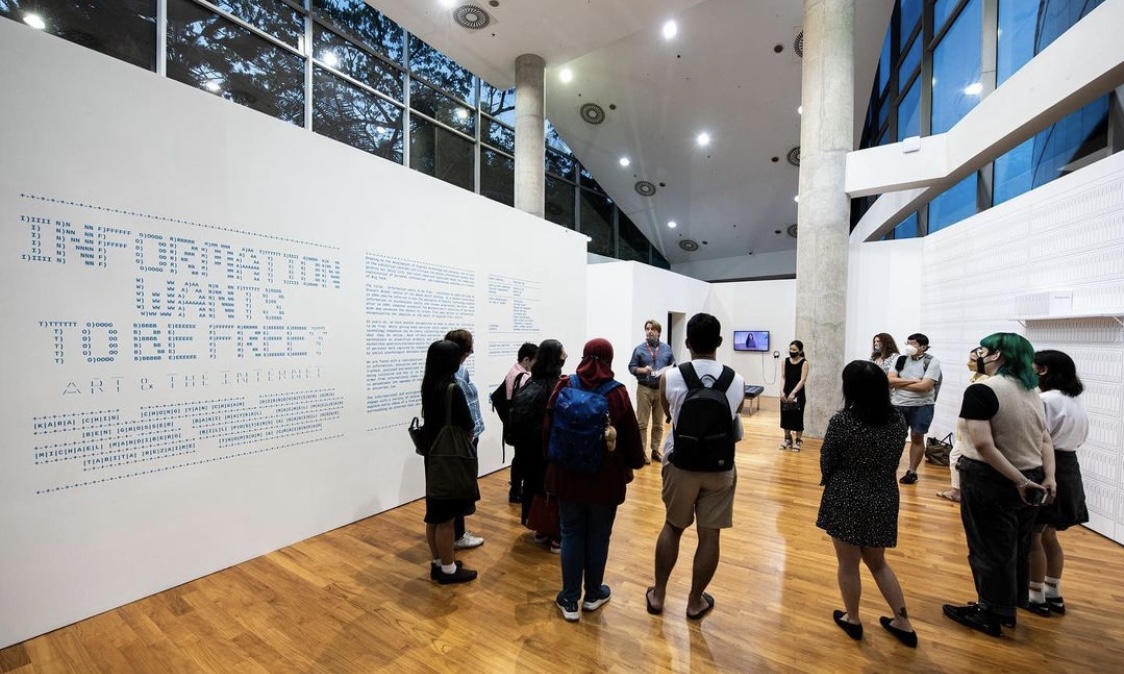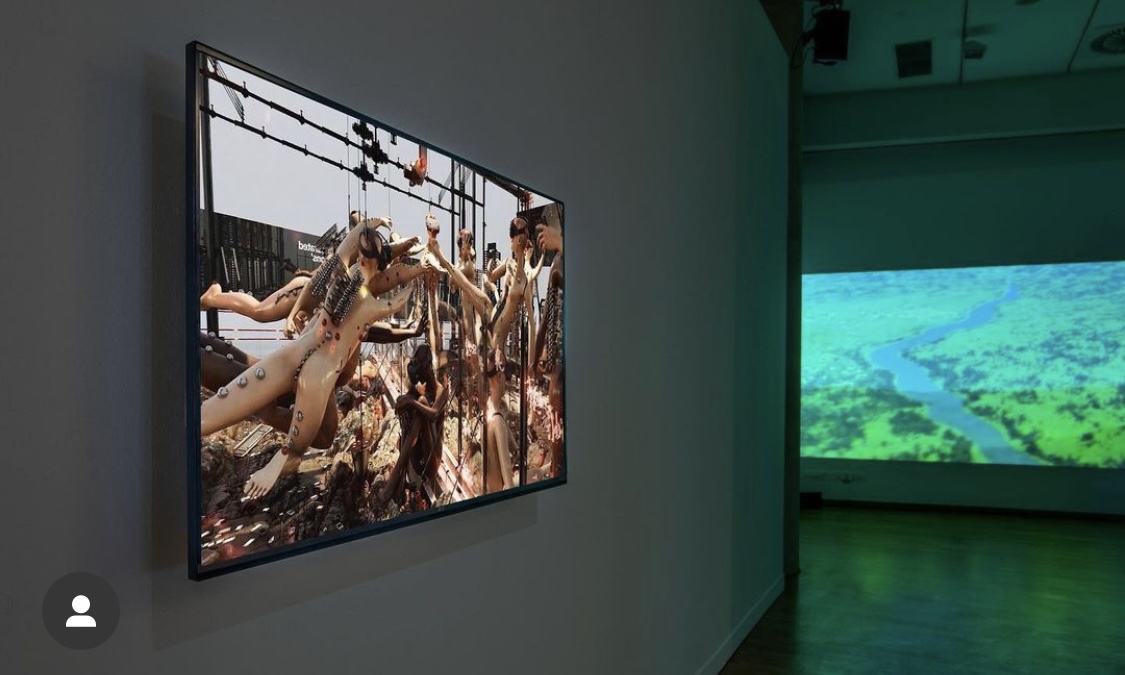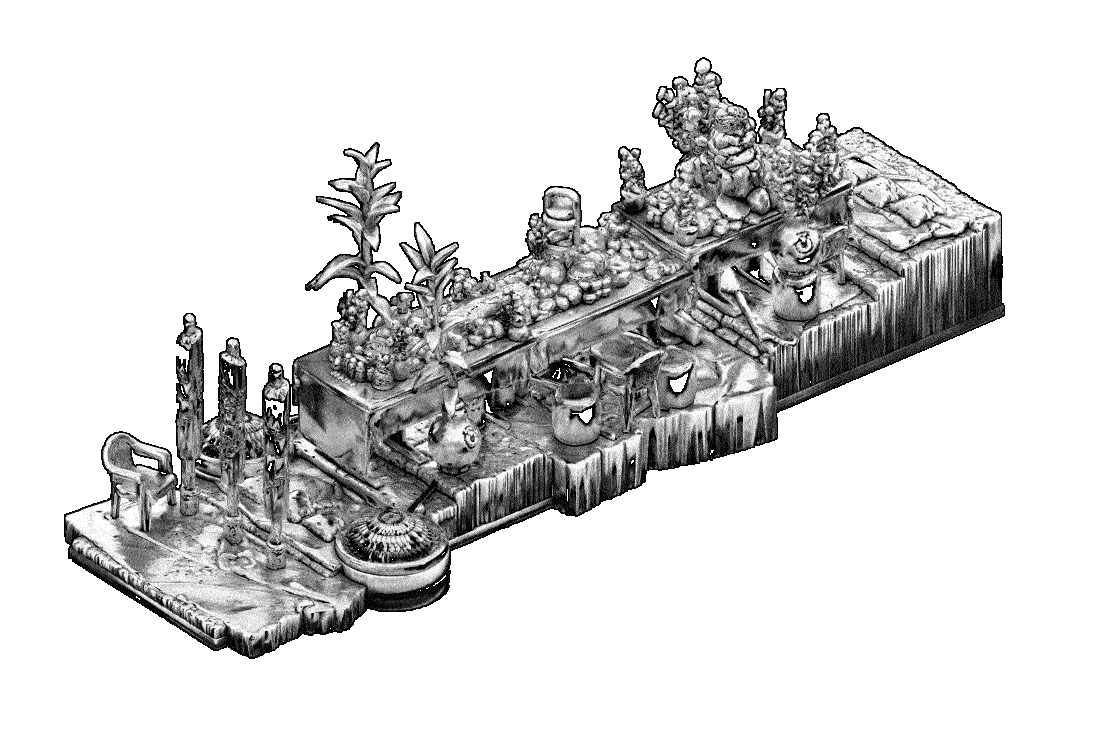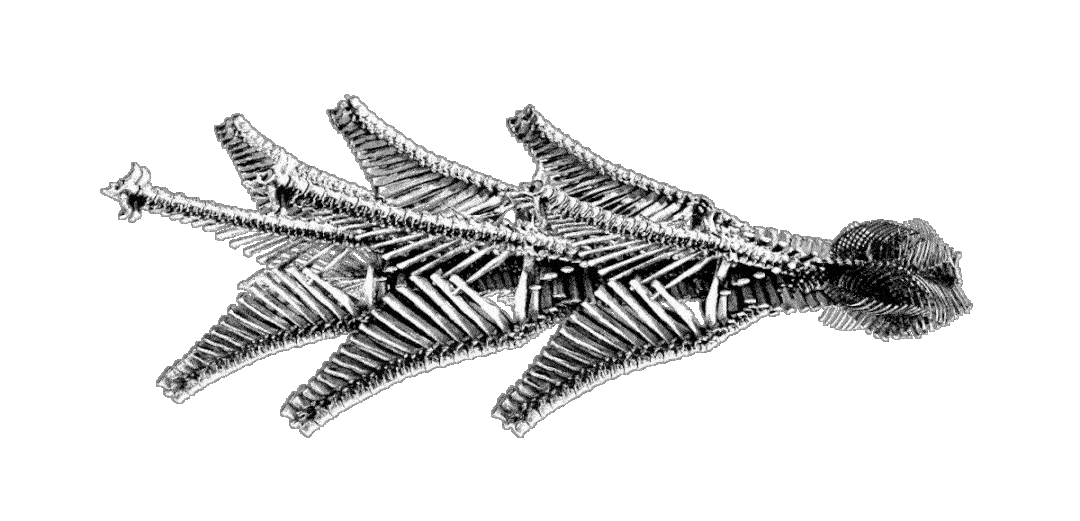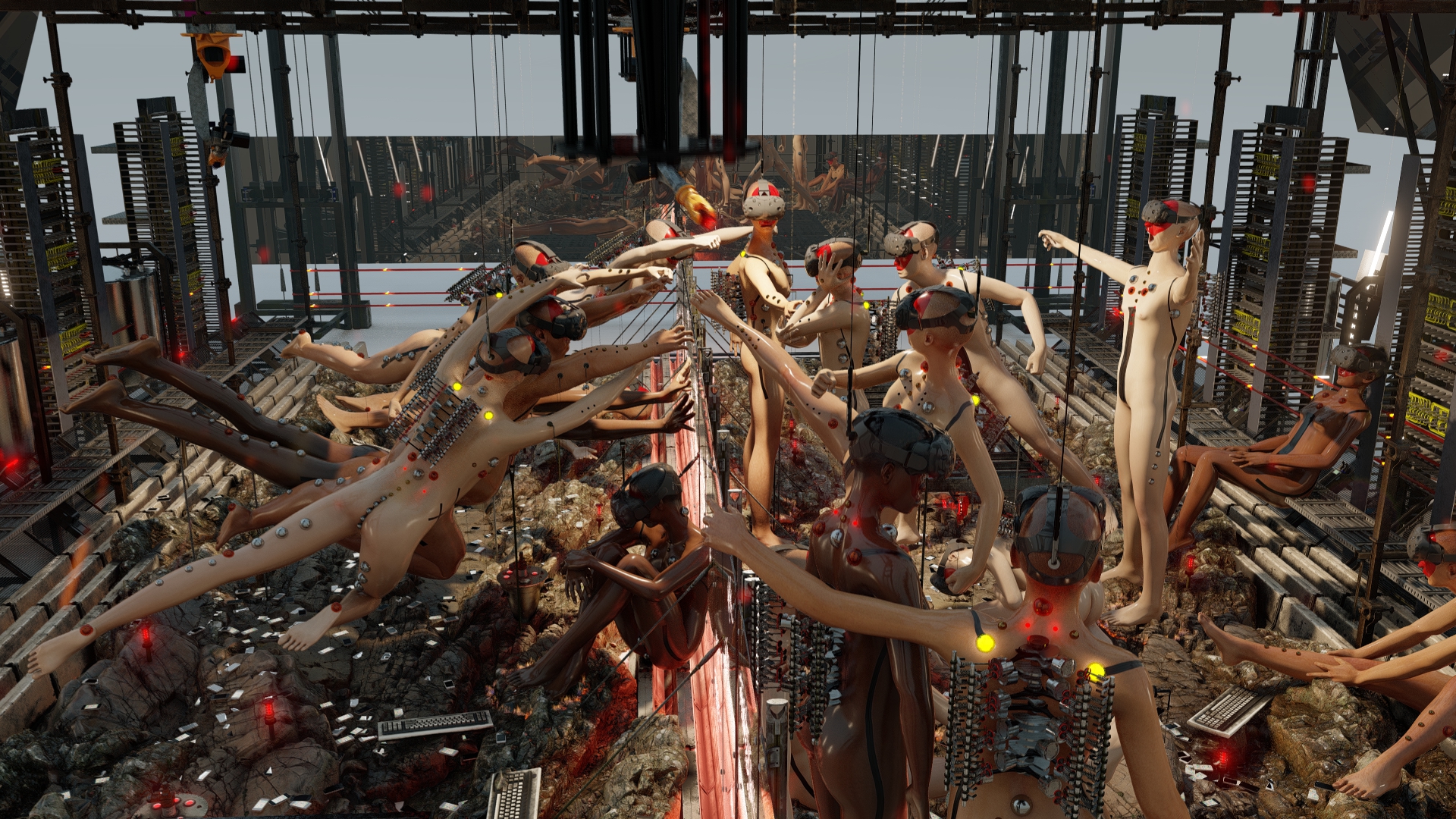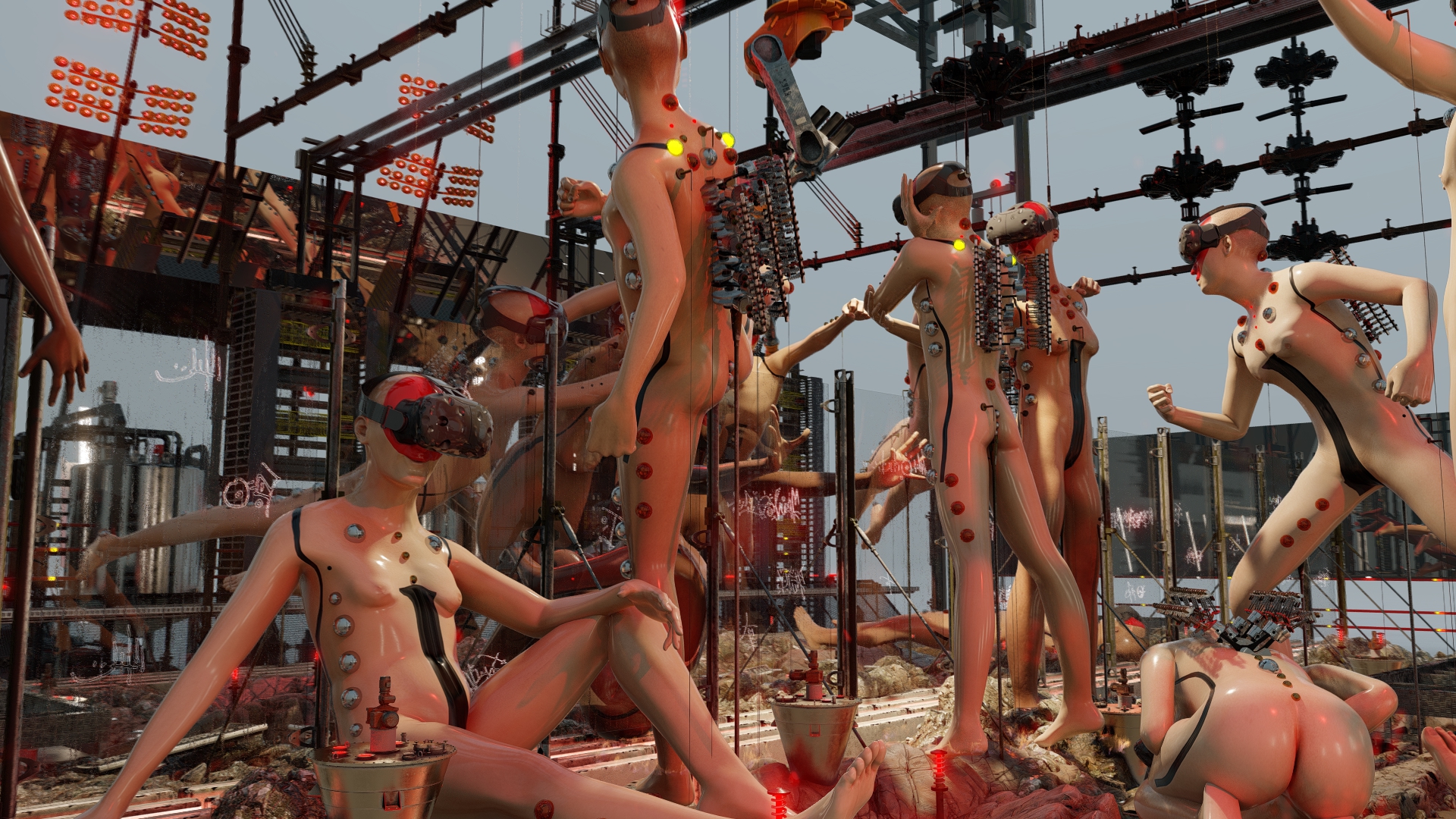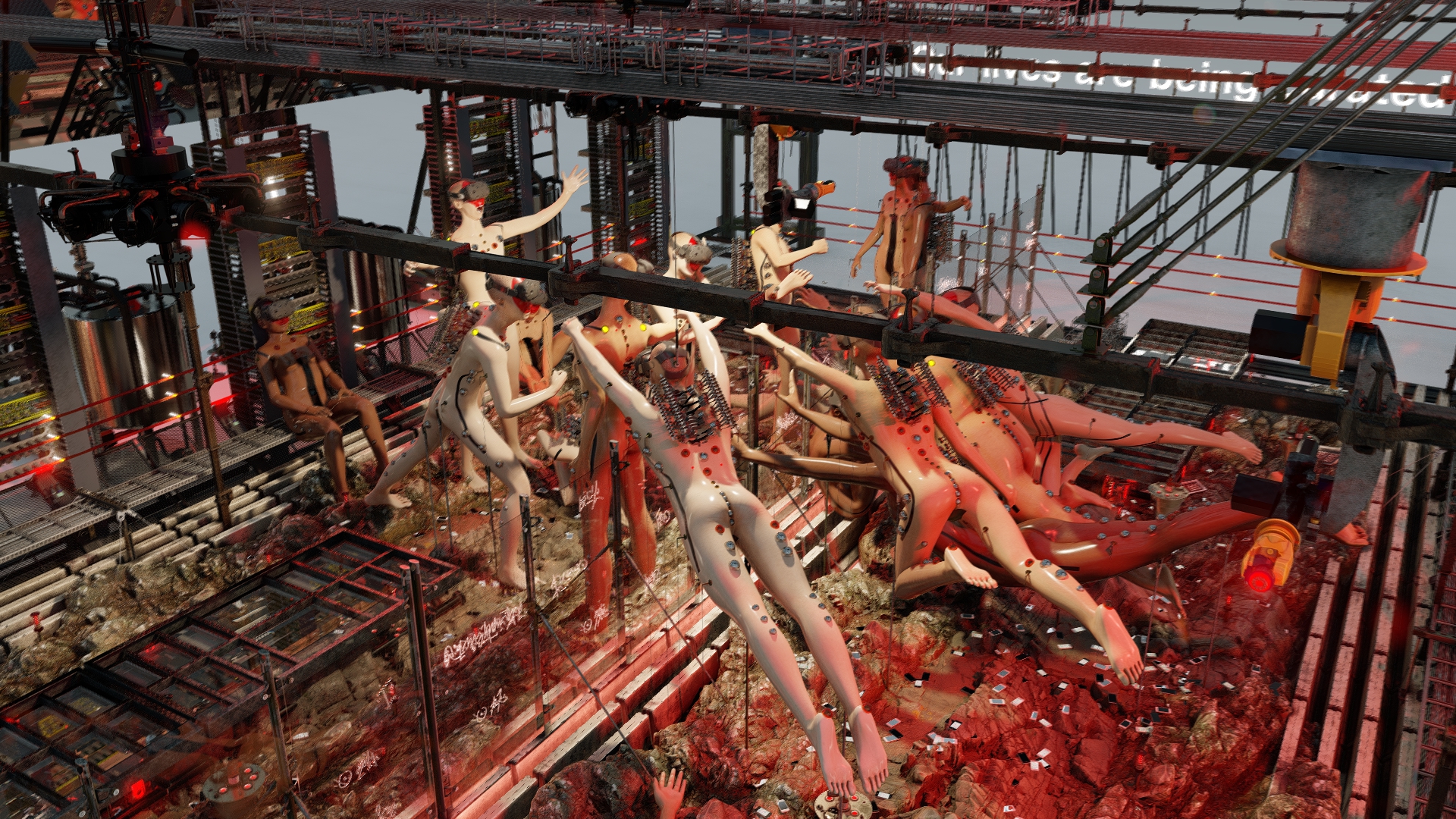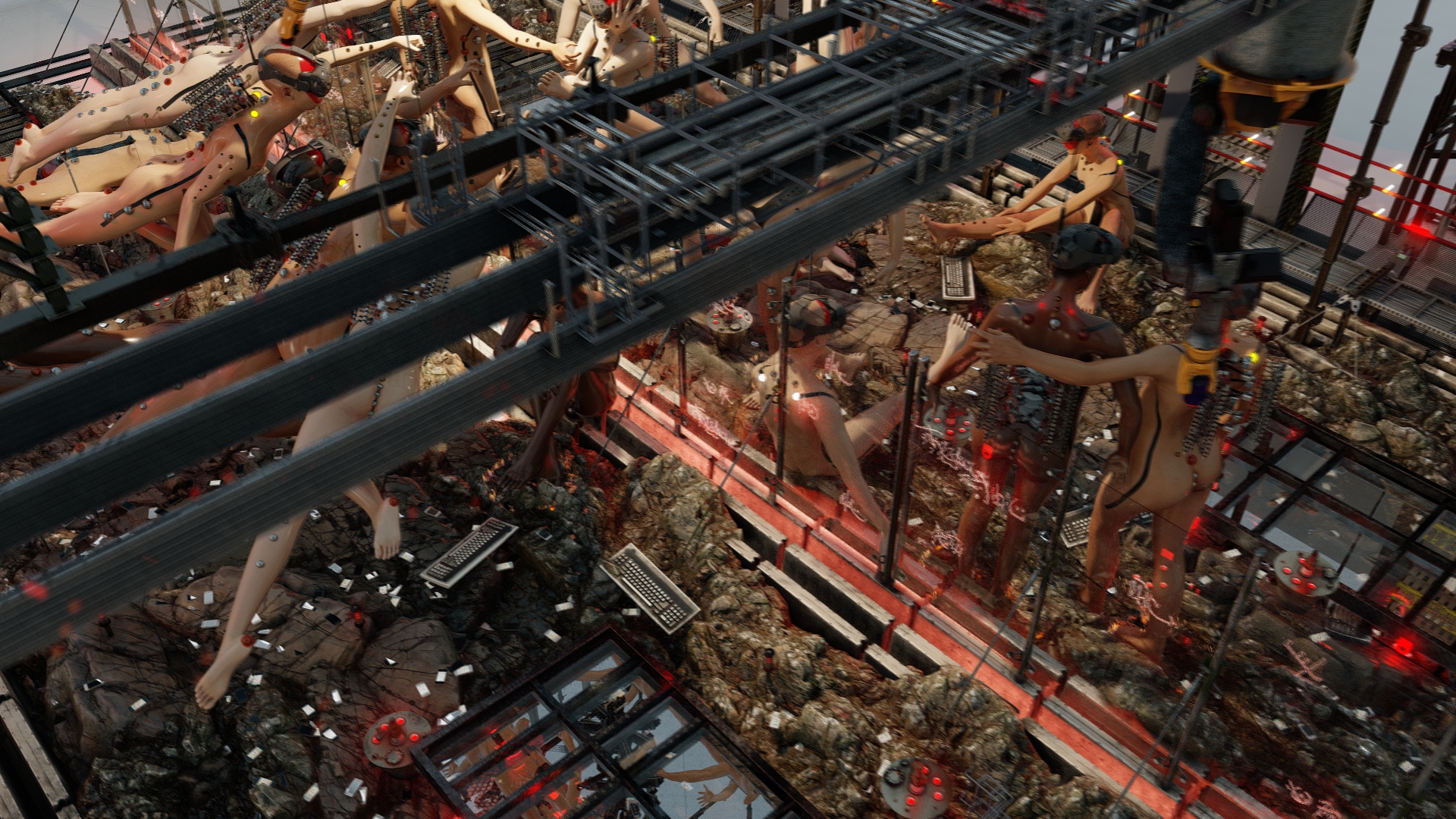OUR “BUTTERFLY DREAMS”, 2021
Video Art [03:00 loop]
Commission by Nanyang Technological University, ADM Gallery. Singapore.
For Information Wants To Be Free?: Art and the Internet
- OUR “BUTTERFLY DREAMS” explores the Identity, transcendence and the true self of an individual, in a multi complex dream Tower. Epistemological scepticism, we cannot know anything for certain."was I Chuang Tzu dreaming I was a butterfly or am I now really a butterfly dreaming that I am Chuang Tzu?”
In Chong Yan Chuah’s dystopian take of the future, he questions if virtual identities could overtake physical identities one day and whether this would further compromise individual autonomy. The title of the newly commissioned video work ‘Our “Butterfly Dreams”’ is taken from a renowned text by Chinese philosopher Zhuang Zhou, musing about a dream in which he did not know if he was dreaming he was a butterfly, or if it was a butterfly dreaming he was Zhuang Zhou. With video game companies, Microsoft and Meta all competing for a stake in the metaverse, who will it belong to in the future?
Access to the Internet is now seen as a basic human right and the “digital divide” – the gulf between those who have access to computer networks and those who do not – applies to over a third of the world’s population who still do not have access to the internet.4 In addition, what can be accessed and published online varies from country to country. In some cases, internet censorship is extreme, as seen in how the “Great Firewall of China” limits access to popular sites such as Facebook, Twitter and Google products such as YouTube, Search, and Gmail.
The life-changing benefits of online connectivity are undeniable, but as Web 2.0 is increasingly monopolized, manipulated, and enmeshed in our lives, there is an urgency for a return to Tim Berners’s foundational dream of an open, democratic system that services a flow of information, free from exploitation. Today, techno-positivist agendas, the launch of Singapore’s Smart Nation initiative, and the pandemic have sped up the country’s digitisation drive, eroding the separation between our online and offline lives.
We are faced with a contradiction: Internet users are empowered by access to information, education and social connection while online activity is tracked, analysed and monetised in a manner in which conceals what data is being collected and how it is being used. While technology is not inherently malevolent, ‘Information Wants To Be Free?: Art and the Internet’ urges us to look beyond the dominant tech-utopian narrative, and consider the role personal data plays in the restructuring of power and wealth in the digital age, and the implications on values of privacy, truth, democracy and individual agency.
Text by Kristine Tan
Exhibition
